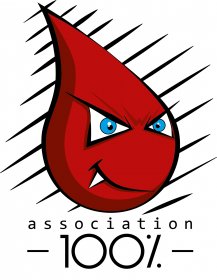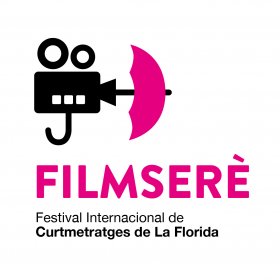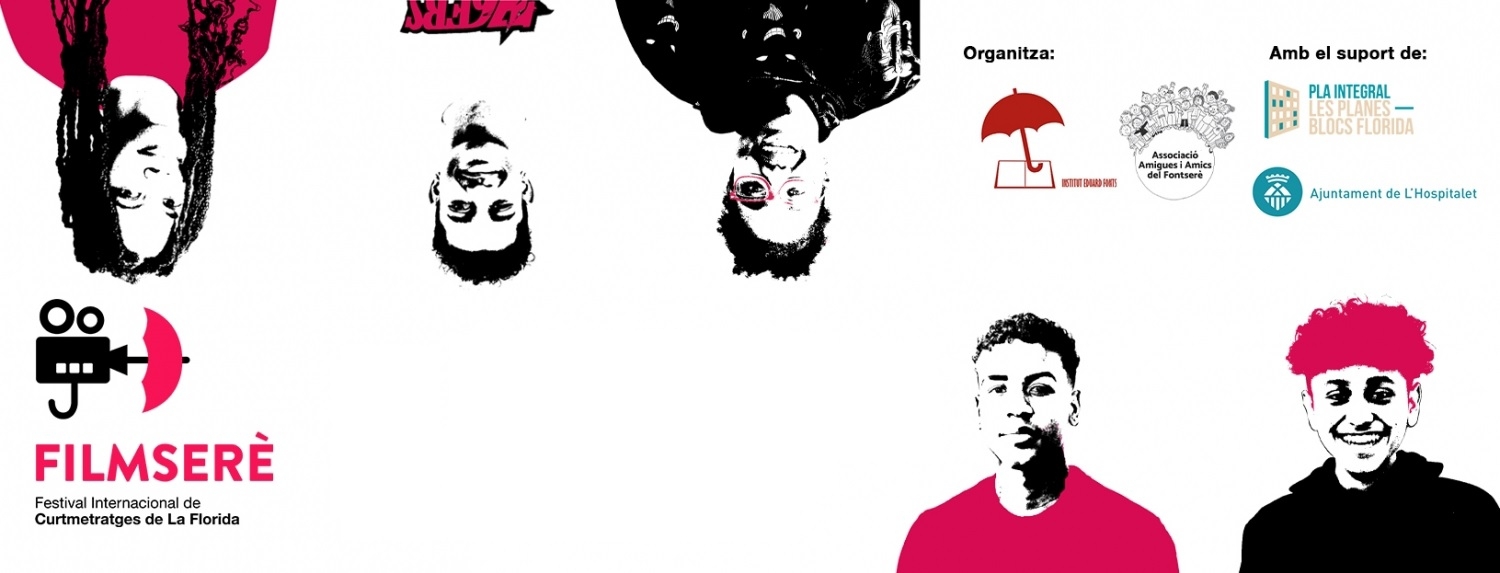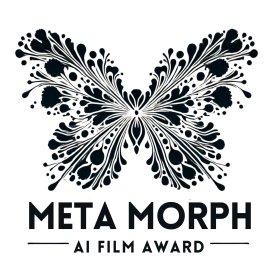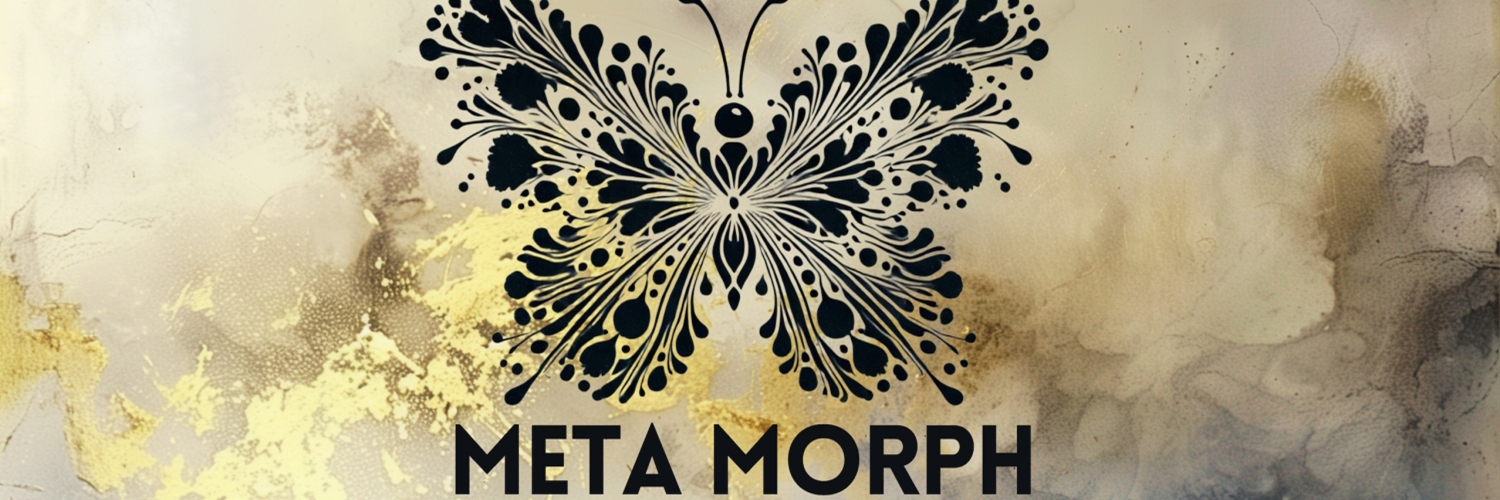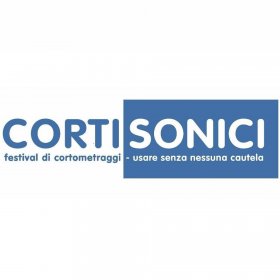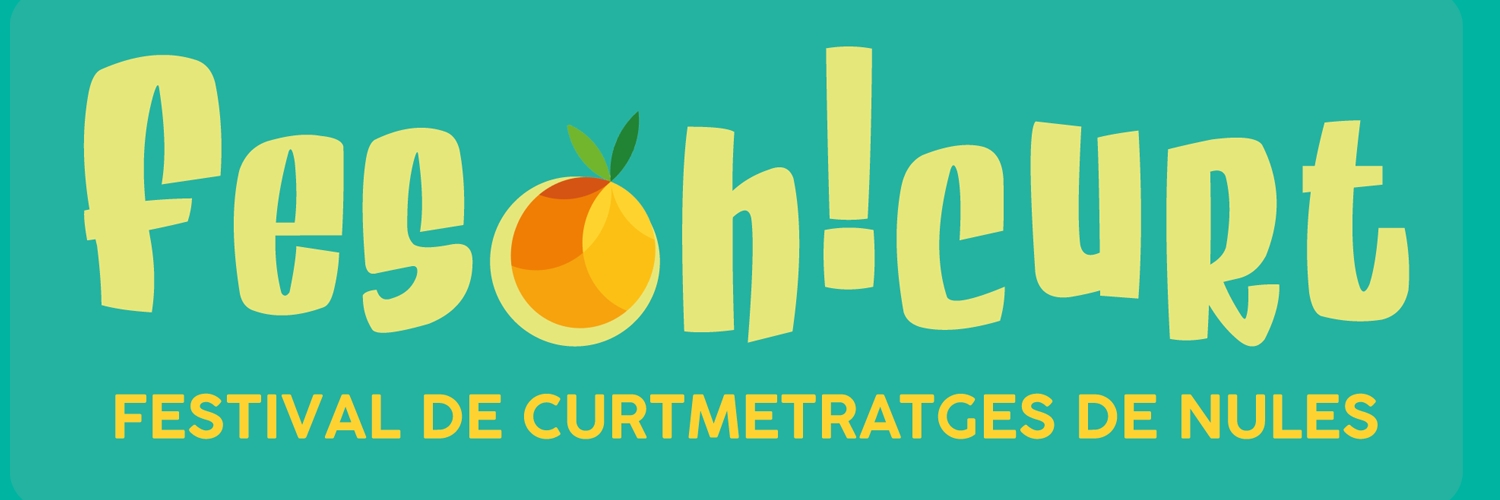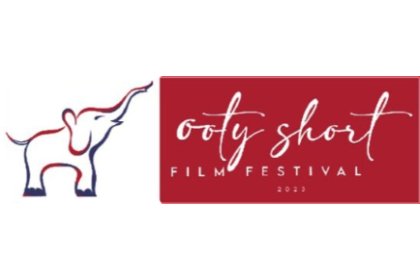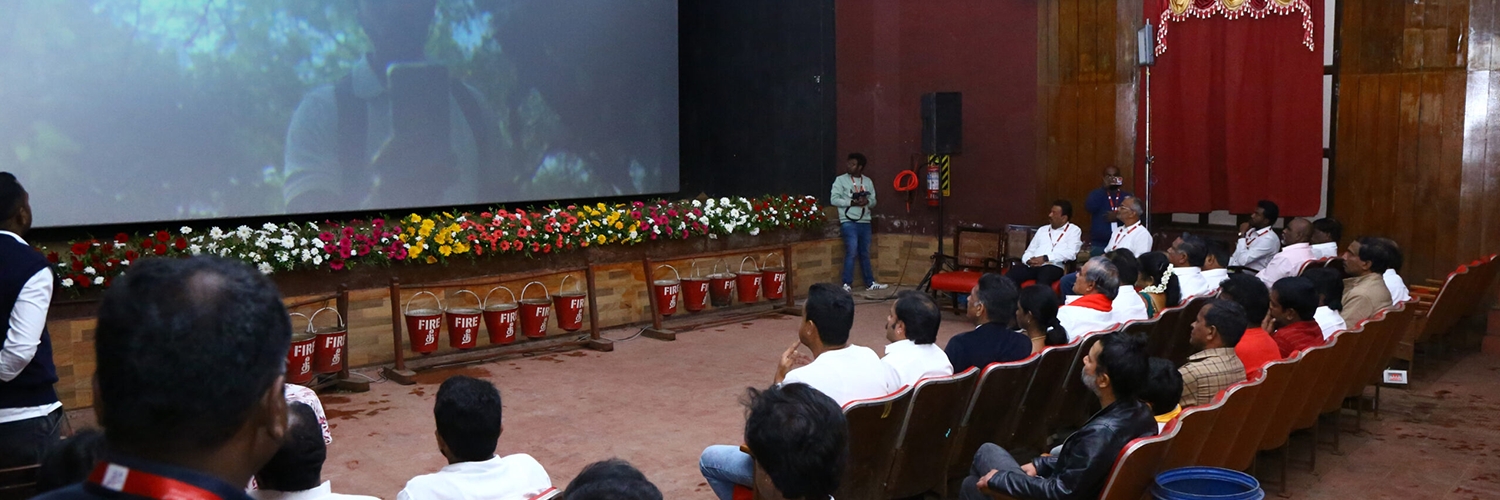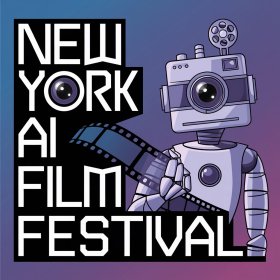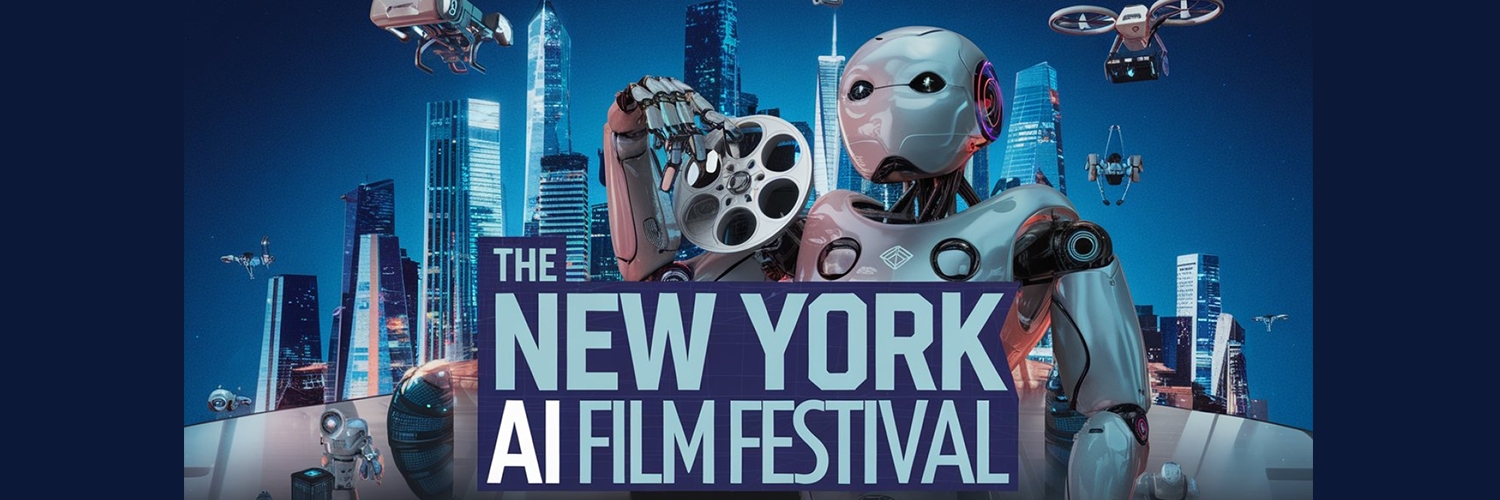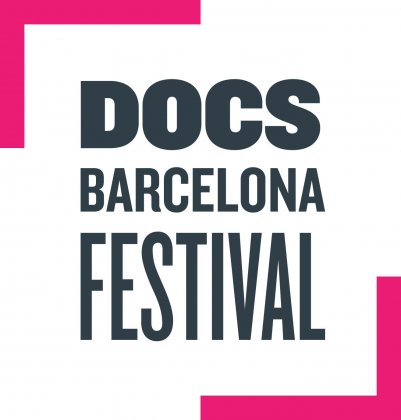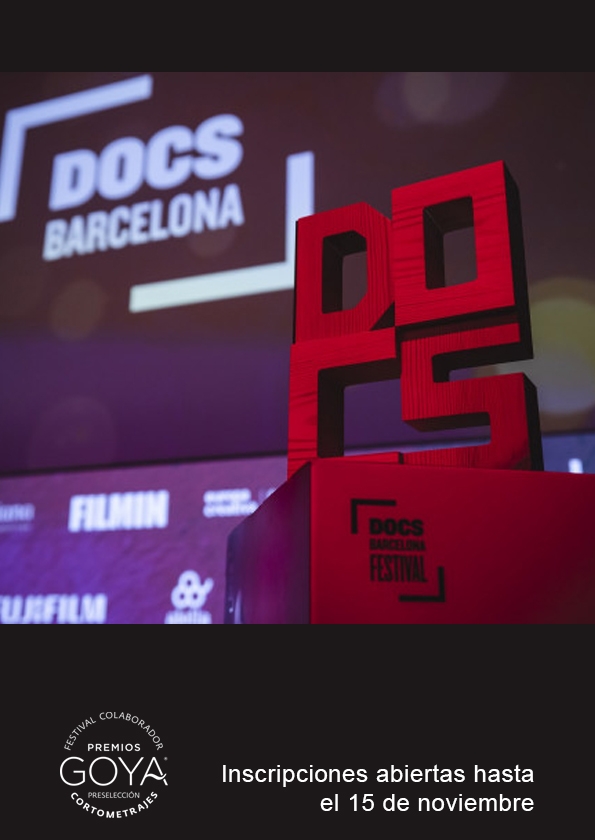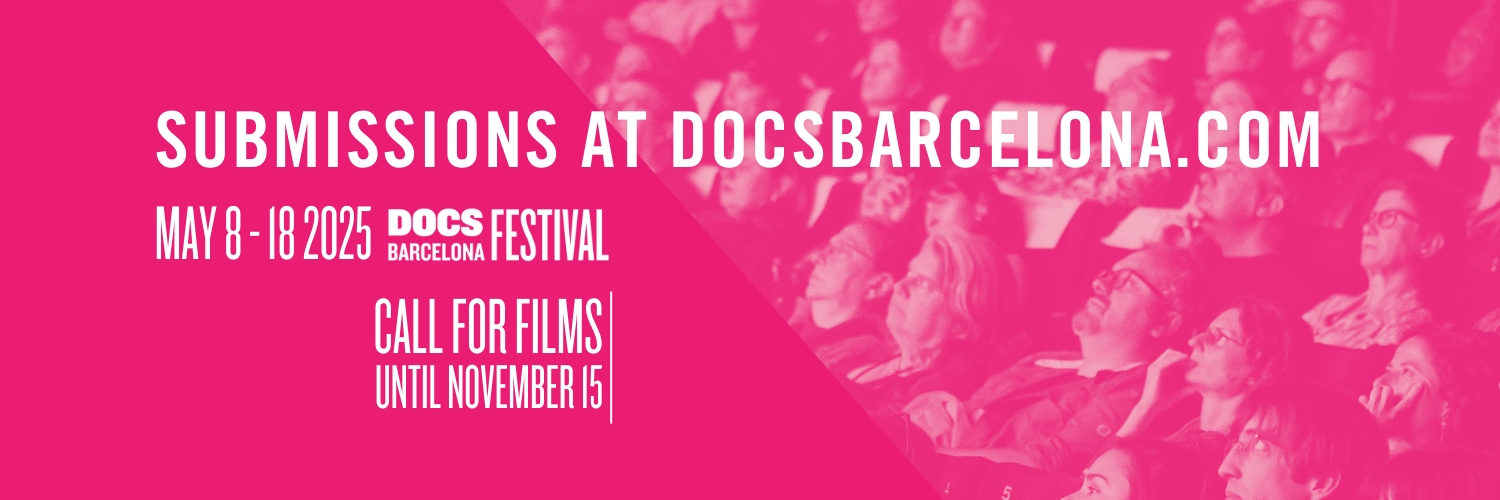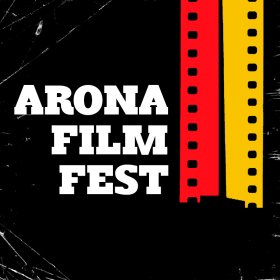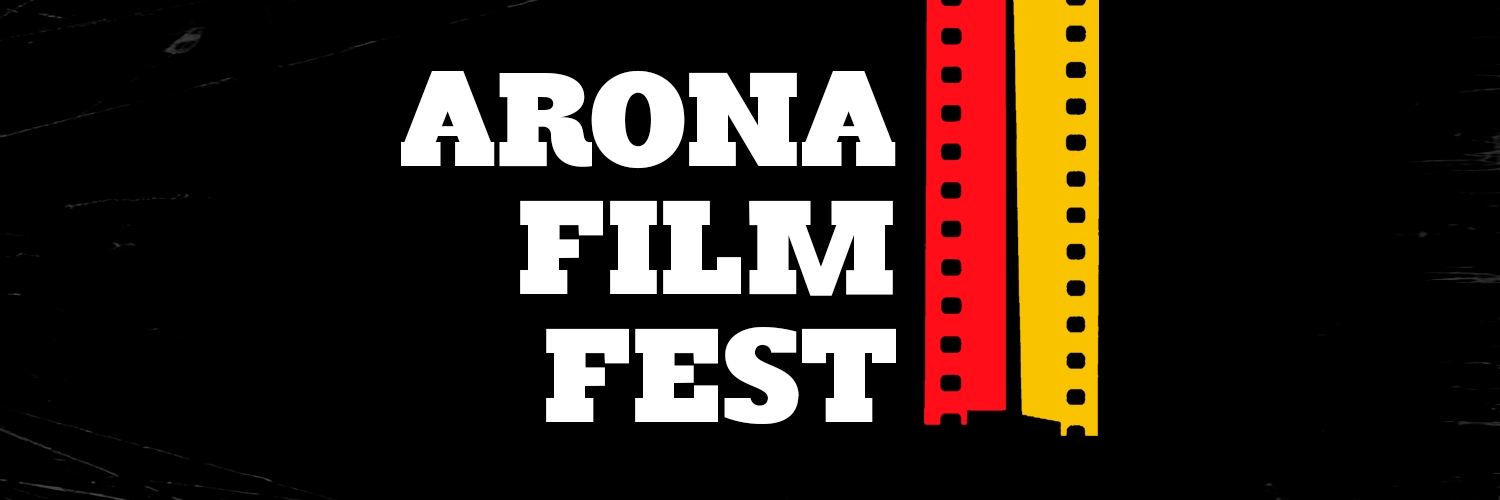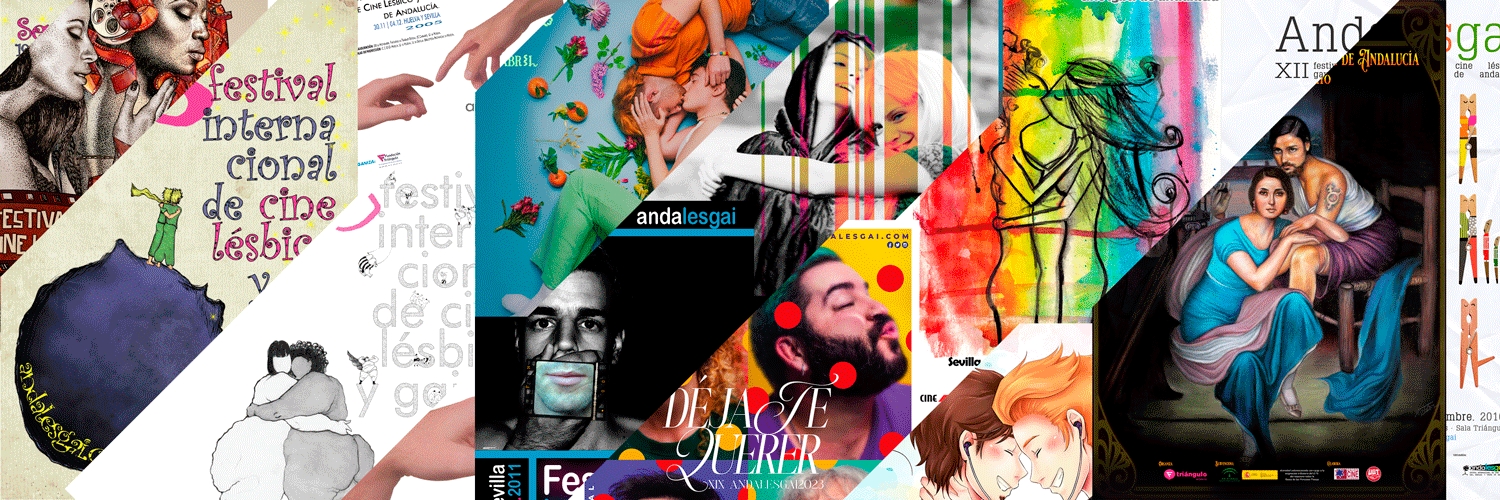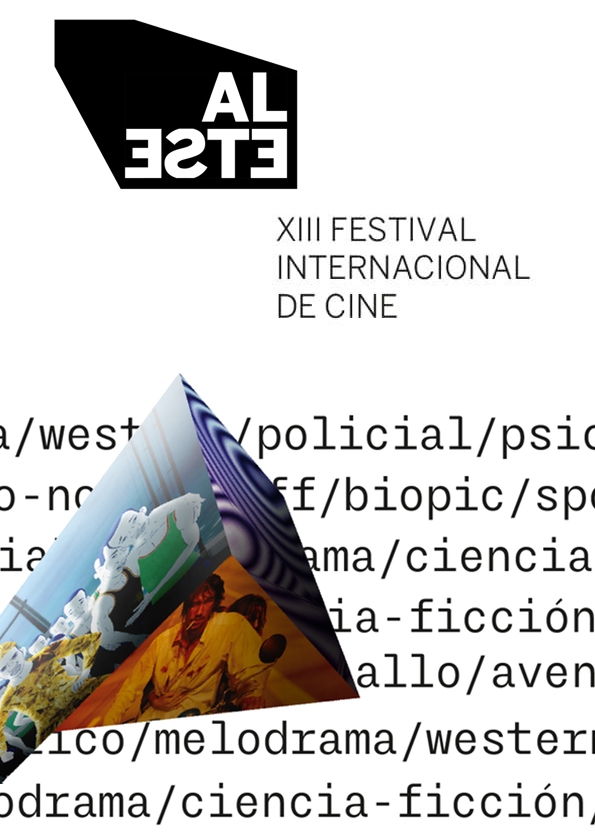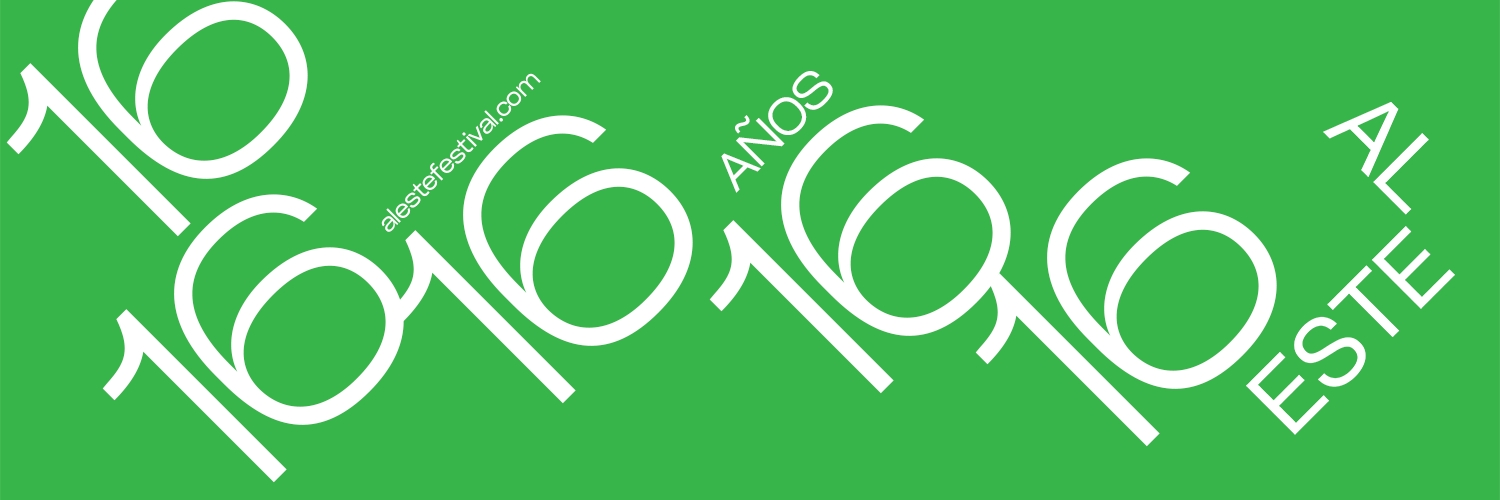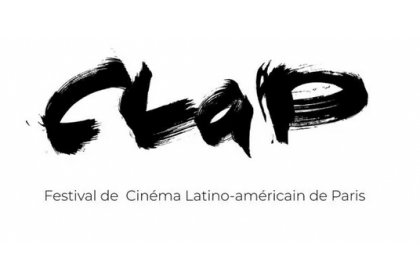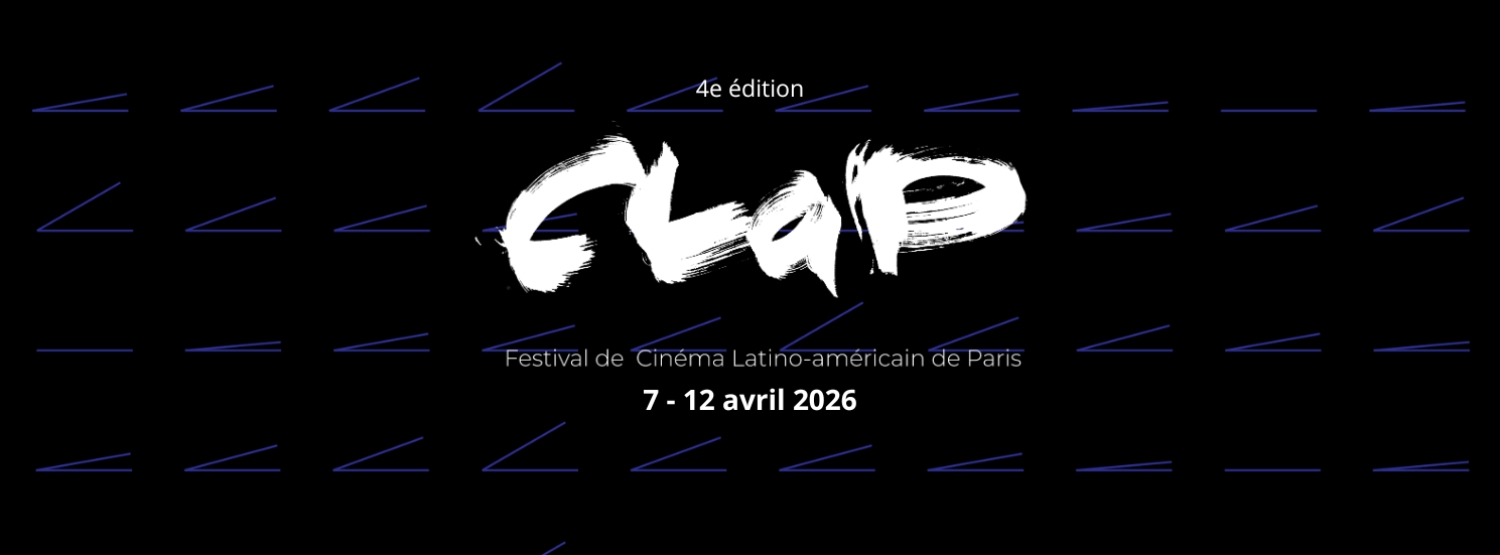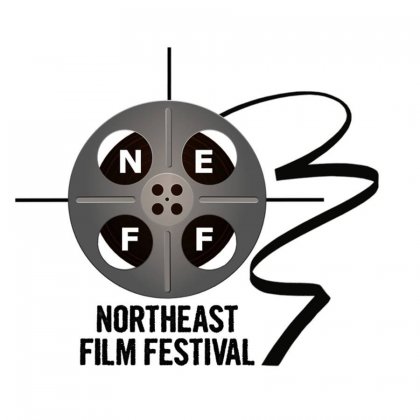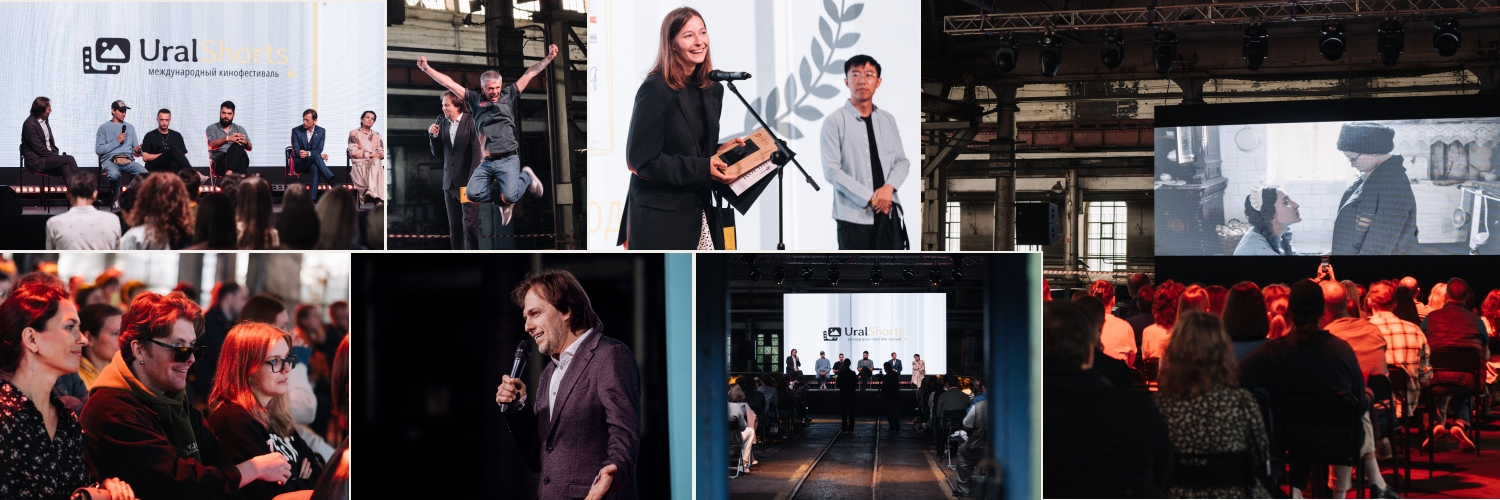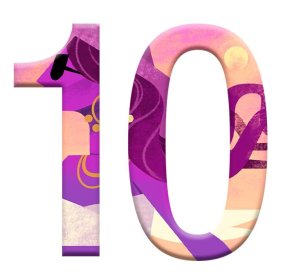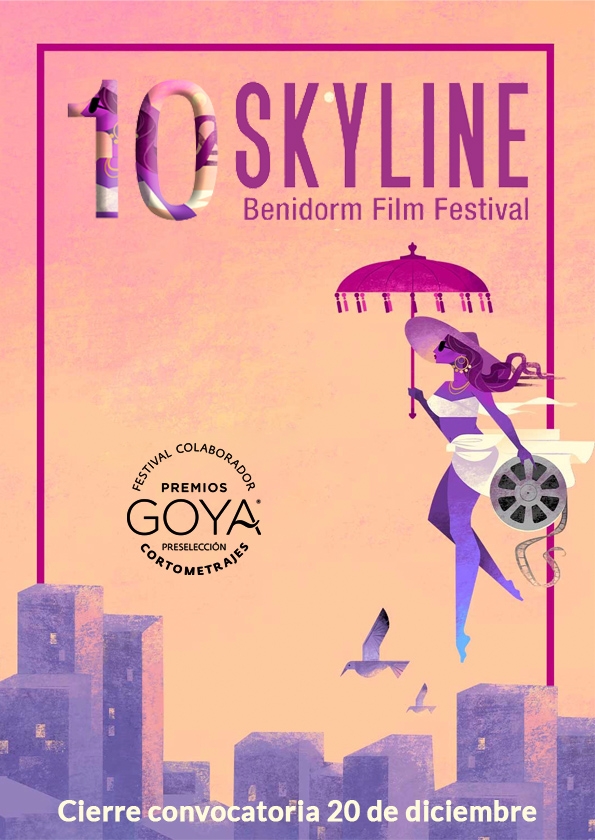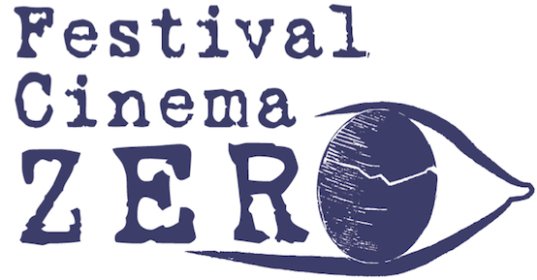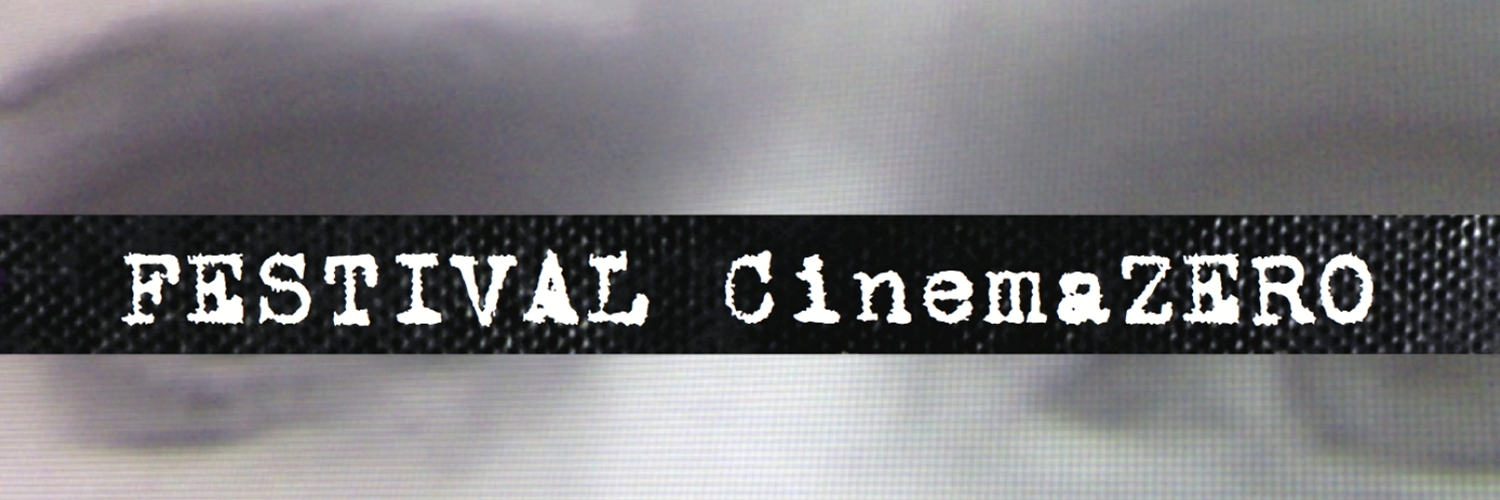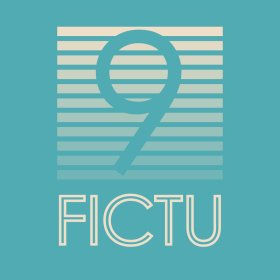
12th edition of the fantastic film festival of Bourg-en-Bresse.
SHort film competitions (french languages, international, middle school) and also screening of features films.
At the end of May 2025, the Florida neighbourhood will host the 7th edition of the FILMSERÈ – International Short Film Festival of La Florida.
This project is conceived by students from the Cinema course at the Eduard Fontserè Institute in L'Hospitalet de Llobregat, with guidance from teachers and professionals linked to the film industry, alongside collaboration from local residents, social entities, and associations, among others.
This is an event organised by local people for local people, with everyone from L'Hospitalet, Barcelona, and beyond invited to attend! It is an international festival featuring short films submitted from around the world, supported by the Les Planes-Blocs Florida Integrated Plan from the L'Hospitalet City Council.
Short films of all kinds are selected, with a single criterion: they must be of the highest quality and highly entertaining. Fiction shorts, documentaries, animations, music videos, etc., are all welcome.
Various awards are presented, some of which are monetary.
In addition to a student jury made up of 4th secondary school year (Y11) students organising the festival, we also have an official jury comprising individuals connected to film and the arts, local residents, young people, seniors, and social associations from the neighbourhood.
The festival features outdoor screenings as well as events in indoor spaces across the La Florida area. Attendance in 2021 was 400 spectators over 5 sessions, 2022 saw over 500 attendees across 5 sessions, and in 2023 nearly 1,000 spectators attended across 5 sessions, with more than 1,000 expected in 2024!
This year, we hope to break the record again. We look forward to seeing you all there!
We are happy to announce the Call for Submissions to the 5th Edition of IMPACTE! Human Rights Film Festival of Catalonia, which will take place during the following dates:
March 4 to 23, 2025: Onsite and Online simultaneously
The Festival will be headquartered in Barcelona and will run simultaneously in other cities of Catalonia.
Call for submissions: from September 23rdh to December 1st, 2024.
Films
We are looking for stories that speak out against injustice and human rights violations around the world, films that combine rigorous investigation with narrative and visual treatment capable of impacting wide audiences. Both in fiction and documentary formats.
We are interested in criticism, but also in struggle, denunciation, defense of rights and, specifically, the proposal of alternatives: common aid, solidarity, cooperation.
The topics are free, but always within the scope of Human Rights -both traditional and of new generation-, global Justice and the culture of Peace.
We are especially interested in receiving films addressed to children and young people.
Other topics will not be considered.
Noun. metamorph (plural metamorphs) (biology) an organism that has undergone metamorphosis.
Welcome to the Meta Morph Award 2025, a celebration of the beautiful merging of AI technology and traditional filmmaking. Just as a caterpillar transforms into a butterfly, the film industry is evolving, and we are here to showcase this metamorphosis. Together with our esteemed collaborator, Morphic Studios, we aim to honour the spirit that drives the creation of AI-driven cinematic masterpieces.
We will bring filmmakers, animators, AI technologists, and content creators together to celebrate their collective achievements and inspire future collaborations.
JUDGES
- John Rhys-Davies - A renowned actor known for his roles in iconic films such as "The Lord of the Rings" trilogy and "Indiana Jones". John brings his extensive acting experience and deep understanding of storytelling to our judging panel.
- Barry H. Waldman - An accomplished producer with a prolific career in film production. Barry has worked on major blockbusters like "Pirates of the Caribbean" and "Transformers", and his keen eye for production quality and innovation will be invaluable.
- David Nutter - An Emmy-winning director celebrated for his work on acclaimed television series such as "Game of Thrones" and "The X-Files". David’s directorial expertise and visionary approach will greatly enrich our evaluation process.
- Laura Gregory - Founder of Great Guns, a global creative content company. Laura's pioneering work in advertising and content creation has set new standards in the industry. Her insight into creative excellence and cutting-edge production will be critical in judging entries.
- Cassandra Brooksbank - A dynamic director known for her compelling storytelling and innovative direction. Cassandra’s experience in directing both films and commercials brings a fresh and creative perspective to our panel.
¡Hola! We are VALÈIFF • València Indie Film Festival, an international film festival with quarterly screening events in València - Spain, and member of the IBERIFF • Iberia Indie Film Festivals, which celebrates and showcases new productions and independent artists from all over the world in Madrid (MADRIFF), Barcelona (BARCIFF), València (VALÈIFF), Seville (SEVIFF), Lisbon (LISBIFF) and Montpellier (MONTIFF), that you can also find them here, in Festhome!
VALÈIFF shares the mission of its associate festivals of supporting emerging talents, encouraging artistic exploration, fostering networking, promoting cultural exchange and engaging the local community by providing a platform to present the work of independent filmmakers.
Fiction films, animation, documentary and experimental works of any genre and subject are welcome!
FESOHCURT is, in its 7th edition, a reference within the short movie festivals, as it contributes to fostering the use of Valencian through cinema. Thus, at least 50% of the short movies selected for this edition will be in Valencian language (or any of its dialectal varieties).
6th Ooty Short Film Festival (Ooty SFF)
December 27-29, 2024
The Nilgiris Film Club (NFC) is thrilled to announce the 6th edition of the Ooty Short Film Festival (Ooty SFF), scheduled to take place from December 27th to 29th, 2024. We cordially invite filmmakers from across the globe to join us in celebrating the art of independent short films in the picturesque mountains of the Western Ghats.
About the Festival
Since its inception, Ooty SFF has grown into a vibrant platform for showcasing exceptional short films. Our carefully curated sections feature some of the most remarkable experimental and artist-made short films, ensuring a diverse and inspiring cinematic journey for all attendees.
In 2024, we are excited to introduce a new initiative: the Green Elephant Award for the best short film focusing on environmental themes. This award celebrates the vital role filmmakers play in raising awareness about pressing global environmental challenges, including climate change, conservation, and sustainability.
Our Vision
At Ooty SFF, we strive to curate a program that embodies unique and original artistic visions. Our focus is on short films that boldly push the boundaries of both form and concept, opening up numerous avenues for interpretation and understanding.
We have a special interest in works by emerging filmmakers and artist-made shorts, believing that these voices bring fresh and innovative perspectives to the cinematic landscape.
Opportunities for Filmmakers
Ooty SFF is more than just a screening platform. We provide filmmakers with:
A platform to share their work with a discerning audience
Exposure to diverse filmmaking styles and narratives
Opportunities to be part of a growing community of independent filmmakers
Recognition through our Golden Elephant Awards for Indian filmmakers and digital awards (NFTs) for international filmmakers, ensuring both physical and modern digital forms of recognition
Submit Your Film
We welcome submissions from filmmakers of all backgrounds and experiences. If you have a short film that challenges conventions, explores new territories, or tells a compelling story in an innovative way, we want to see it!
Join us for the 6th Ooty Short Film Festival and be part of a celebration of cinematic creativity in the heart of the Nilgiris.
The Ooty Short Film Festival is produced by the Nilgiris Film Club (NFC), a pioneering film club nestled in the mountains of the Western Ghats.
The New York AI Film Festival is a groundbreaking event celebrating the intersection of artificial intelligence and filmmaking. This innovative festival showcases a diverse array of films created, enhanced, or inspired by AI technologies, highlighting the potential of machine learning and generative models in storytelling, visual effects, and cinematic experiences. From AI-assisted virtual productions to autonomous animation and immersive virtual environments, the festival provides a platform for visionary filmmakers and technologists to explore how AI is reshaping the future of the film industry. Through screenings, panel discussions, and workshops, the New York AI Film Festival fosters collaboration between artists, AI researchers, and audiences, pushing the boundaries of creativity and expanding the definition of what’s possible in modern cinema.
On the day of the festival, attendees can look forward to an engaging lineup of activities designed to enhance their cinematic experience. The festival kicks off with an opening keynote that sets the stage for the day's theme. Following the keynote, a curated selection of short films will be screened, showcasing the talent and creativity of filmmakers from around the globe. After each screening block, filmmakers will participate in live Q&A sessions, allowing audiences to dive deeper into the creative process and the stories behind their films. Throughout the day, interactive workshops and discussions will be held, focusing on topics like AI in filmmaking and storytelling techniques, fostering a collaborative atmosphere for filmmakers and viewers alike. The festival concludes with an awards ceremony, celebrating inspiring works and their creators.
This is an online festival, with the possibility for an in-person venue.
OPEN CALL AT https://docsbarcelona.com/
DocsBarcelona is an international festival specializing in the documentary genre comprised of international and national competition sections, non-competitive sections, and retrospectives. The Artistic Direction and Programming Committee select all of the documentaries that make up these sections.
DocsBarcelona will celebrate the 28th edition from May 8 to 18, 2025.
The ARONA FILM FEST International Short Film Festival is a cultural project that promotes Arona as an ideal location for film shoots, while also trying to bring the seventh art closer to the citizens, allowing anyone who wants to participate in a real shoot and thus learn how cinema works from the inside.
Festival accepts movies of interest for gay, lesbian, bisexual, intersexual and transexual people. To participate in the competitive section (prizes), these films should have not been programmed on TV, screened in comercial venues or another spanish festival excluding the organized by Fundacion Triangulo. In any case, copyleft or copyright should be later than 2022.
Colors of Love - Queer Film Festival is a vibrant LGBTIQ community initiative created by filmmakers to celebrate and curate queer short films, documentaries, animations, music videos, and web series. Our mission is to introduce these stories to new audiences in a fun, engaging, and informative way.
We welcome submissions of any short films, documentaries, animations, music videos, or web series that explore LGBTQ+ themes, regardless of when they were made. Please ensure that you hold all the rights to your film, including music, images, and likenesses used in it.
With the success of last year’s event, we’re thrilled to announce that this year we are expanding the length of eligible films from 20 minutes to 40 minutes. Additionally, we are introducing a brand-new LGBTQ Feature Film category to further showcase diverse and powerful queer stories.
Colors of Love Queer Film Festival become the official part of FilmyBees Cine Club, which manages and hosts the festival and associated programs. The last event took place on 22nd - 23rd June during Pride Month, celebrating the diversity of love in Mumbai, the Bollywood city of India.
By submitting your film, you grant us permission to screen it in unlimited live screenings throughout the year.
Additionally, we will host an online event at the end of the year, where all selected films will be screened via our online film streaming partners. This is a non-exclusive agreement, meaning you are free to share your film elsewhere.
Al Este is a festival coming out from the french festival A l'Est du Nouveau. Present in Peru since 2008, the mission of the festival is to promote film culture of the other Europe, that relegated to independent circuits, owning however, an invaluable wealth and tradition. Thus, Al Este seeks to spread the filmography of Europe, Latin America and Asia.
A terceira edição do Festival de Cinema Latino-americano de Paris (CLaP) acontecerá entre 1 e 6 de abril de 2025. As inscrições de filmes para esta edição do festival estão abertas de 20 de setembro de 2024 a 7 de janeiro de 2025.
O Festival ClaP convida cineastas latino-americanxs a inscrever seus longas ou média-metragens, ficções ou documentários, em vista da seleção para a competição. O Festival CLaP acontecerá em três salas de cinema de arte: duas em Paris (L’Espace Saint-Michel, La Cinémathèque Française) e uma na região Île-de-France (Les Cinémas du Palais, Créteil).
São elegíveis filmes terminados em 2024 ou no começo de 2025 cumprindo as condições especificadas no regulamento abaixo.
Now in its thirteenth year, the Northeast Film Festival showcases top independent films from filmmakers, as well as new talent. The diverse array of films, selected by a committee, includes features and shorts from all genres, as well as documentaries and screenplays. The festival is hosted in Teaneck New Jersey at the historic Teaneck Cinemas; with planned parties to kick off the festival in style and spirit. In addition, we offer an atmosphere for the film enthusiast to interact with filmmakers as well as filmmakers being able to interact and network with each other and industry professionals.
The festival includes after parties, to offer opportunities for interacting and networking with other filmmakers, actors, and film festival goers. In past years, Harry Lennix, Lloyd Kaufman, Danny Roebuck, Matthew Modine, Vinnie Pastore, David Harris, Robert Clohessy, Brian O'Halloran, Fatima Ptacek, Gianni Russo, Duane Whitaker, Jefferson White, producers from NBC, among many others attended the festival's after parties (and festival).
On the border of Europe and Asia, in the 300-year-old city called the "Russian Manchester" in the middle of the Ural Mountains —
we organize an International Short Film Festival with a quarterly Official Selection and Live Screenings every summer, autumn, winter and spring.
NOW OPEN: Submissions for the Ural Shorts Spring 2025
Our mission is to seek out and unearth fresh talent in the art of filmmaking from across the globe. We aim to showcase and endorse top-tier independent short films, regardless of their origin, production year or budget. Our ultimate goal is to encourage and inspire auteurs everywhere.
Ural Shorts consists of four Seasons and Annual Award Event. Every Season the selection committee watches privately the submitted short films and chooses the Official Selections. All selected films enter the competition for the Season Awards.
Within 10 days after the Official Selection list is published the jury announces the Season Winners. The winning films enter the Screening Program in cinemas and on television for all to see.
All Season winners enter the competition for the Annual Awards in 18 nominations corresponding to the Main and Technical and Performances categories. And receive an invitation to the Annual Award Event.
The Ural Shorts Annual Event takes place in August in the 300-year-old city of Nizhny Tagil, on the border of Europe and Asia, which is called the "Russian Manchester" in the middle of the Ural Mountains. Annual Award Event consists of a cultural and educational program, the annual awards ceremony, screenings, TV interviews, workshops, and other activities.
The 9th edition of the Skyline Benidorm Film Festival will take place in the city of Benidorm, from March 29 to April 5, 2025, in the city of Benidorm (Spain).
“ZERO cinema” is an artisanal and experimental artistic approach that contrasts the assembly line of industrial film production; it is hyper-independent, produced or auto-produced by single artists or small groups (less than 10 people) with no commercial interests; it is made with common and easily accessible, or innovative and low cost, means of production.
“ZERO cinema” has a different attitude, adventurous or poetic, DIY or punk, anarchic or self-sufficient, to the video work; it speaks with a personal, intimate, courageous and autonomous voice.
“ZERO cinema” is, more than any other thing, a strong idea of cinema and artistic production.
The FICTU is a festival that focuses on short films and seeks to connect the audiovisual production of Boyacá with the current national and world cinema.
The festival has 4 competitions which are:
- Boyacá short films competition
- Colombian short films competition
- International short films competition
- Colombian feature film competition
